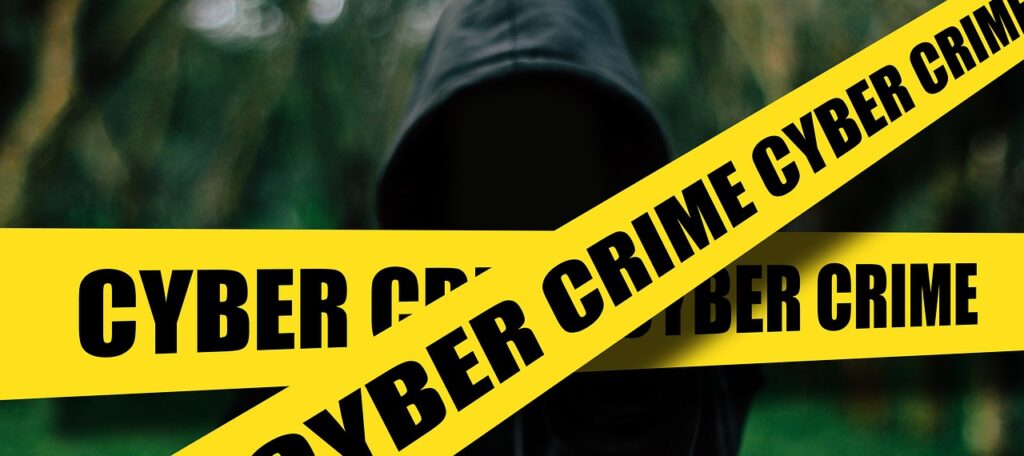Pune, New Delhi, Mumbai, Bengaluru, Kolkata emerge as the top 5 targeted cities by cybercriminals

Pune, February 12, 2020: Quick Heal Technologies, one of leading provider of IT Security and Data Protection solutions for consumers, businesses and Government, has highlighted Indian consumers as the most lucrative target for cybercriminals in its recently released Quick Heal Annual Threat Report 2020.
The report is based on insights analyzed by Quick Heal Security Labs – a leading source of threat research, threat intelligence and cybersecurity – based on the threat data collected during the calendar year.According to the report, Quick Heal detected and blocked over 1 billion known and unknown threats targeting Indian consumers in 2019, accounting to over 2.9 million detections on a daily basis.Consumers in Maharashtra and the Delhi-NCR region were targeted the most, with 38 million and 25 million detections, respectively.
West Bengal, Karnataka, and Gujarat rounded off the top 5 states with the most threat detections. Users residing in New Delhi – which saw more than 24 million threat detections in 2019 – were once again identified as the most lucrative target for cybercriminals. Other top Indian cities, besides New Delhi, with the most threat detections include Mumbai, Bengaluru, Kolkata, and Pune 2019: The year of more evolved threats and sophisticated attack campaignsThe report also sheds light on how the threat landscape has evolved in 2019. Security researchers at Quick Heal revealed that cybercriminals used complex methodologies with the aid of advanced technologies to prevent easy detection of cyber-attacks. Smartphones emerged as one of the most vulnerable digital devices. Hackers attempted to steal sensitive data in 2019 by targeting popular apps such as WhatsApp to deploy spyware and malware.Cybercriminals also employed creative methods to drive successful attack campaigns such as targeting devices like Wi-Fi routers that people usually assume are safe from digital threats. They also exploited vulnerabilities in smart IoT-based devices – including smart TVs, phones, IP cameras, etc. – that are becoming increasingly popular among Indian households. 2019 saw the beginning of such attacks targeting these devices, something which Quick Heal researchers had predicted at the beginning of the year.
Quick Heal also found that miscreants used ‘fake sextortion’ campaigns to target consumers. In this, cybercriminals gained access to one set of credentials such as a user’s social media password to make them believe their digital devices have been hacked.Speaking at the findings, Sanjay Katkar, CTO and Joint Managing Director – Quick Heal Technologies, said, “Cybercriminals today are increasingly using advanced techniques to hack vulnerable digital devices to extract private data in exchange for money. This data is sold to parties that typically do not have the best interests of people in their minds. The unfortunate lack of awareness coupled with unpatched vulnerabilities and outdated operating systems makes consumers an easy target. Through this report, we wish to highlight the degree of risk Indian consumers are constantly facing and reiterate our commitment to provide the best in class protection against advanced cyberattacks.” Quick Heal Technologies Limited is one of the leading providers of IT Security and Data Protection Solutions with a strong footprint in India and an evolving global presence. Incorporated in the year 1995, with a registered office in Pune, it is an all-round player in cybersecurity with presence in B2B, B2G and B2C segments across multiple product categories – endpoints, network, data and mobility.





